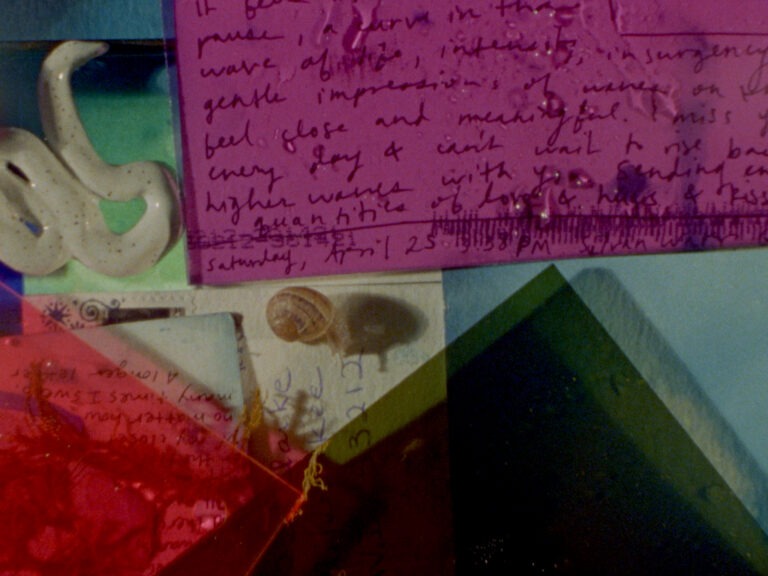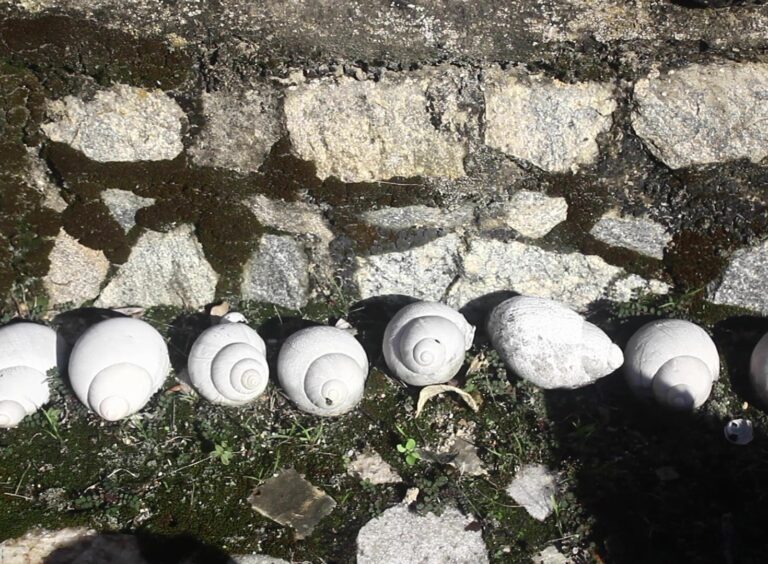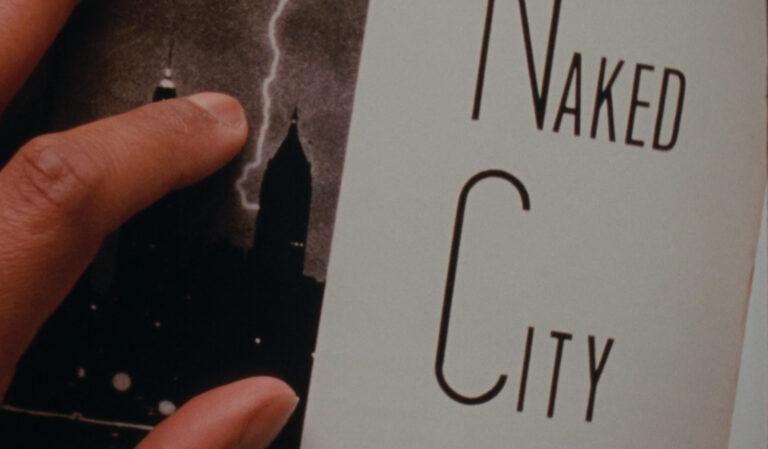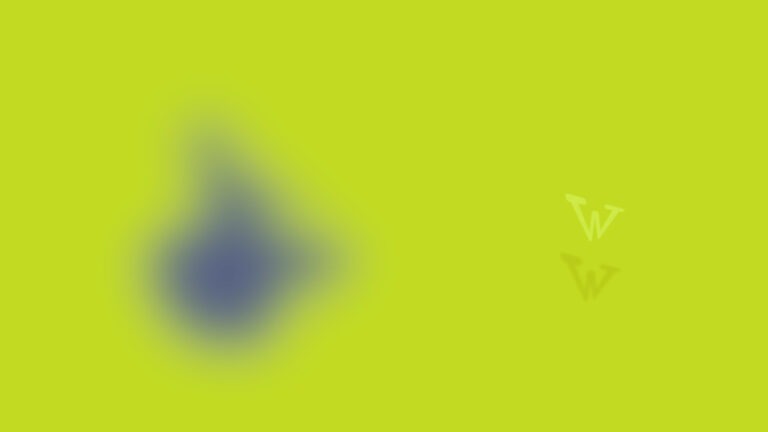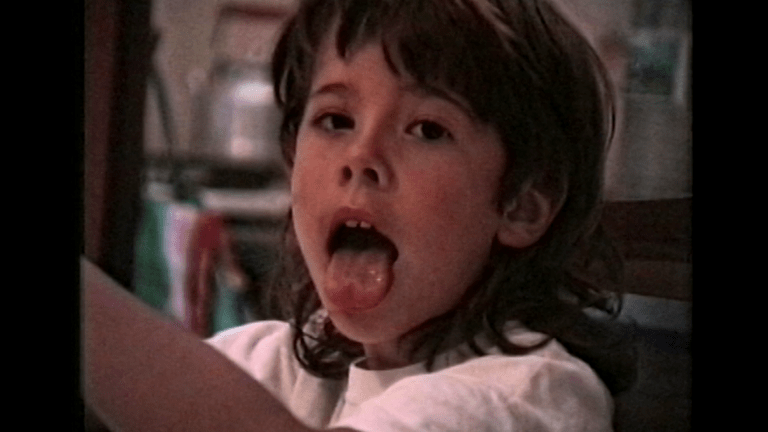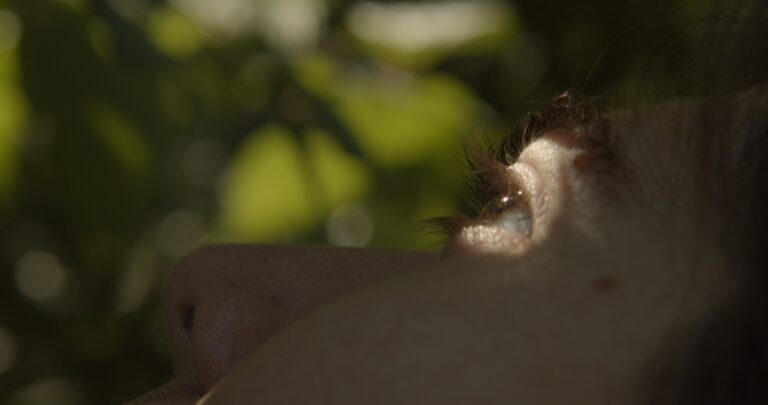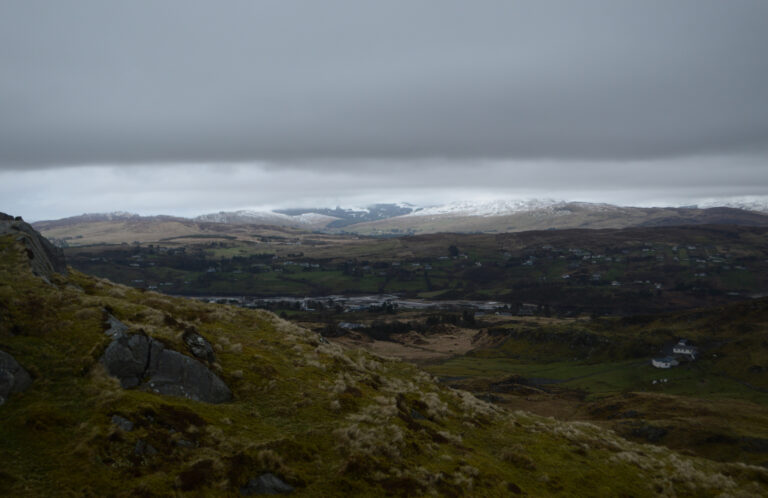The world premiere of aemi’s 2023 Tour ‘Súitú’ receives its theatrical debut at the 67th Cork International Film Festival
Film information
Fábio Andrade, Contorno/ Contour, 2021, Brazil, digital, 10 minutes
Susan Hughes, Eyes Like Cats, 2022, Northern Ireland, digital, subtitled, 3 minutes
Morgan Quaintance, A Human Certainty, 2021, United Kingdom, 16mm transferred to digital, 20 minutes
Bárbara Lago, Yon, 2021, Argentina, digital, subtitled, 8 minutes
Sofia Theodore-Pierce, Other Tidal Effects, 2021, USA, 16mm transferred to digital, 7 minutes
Lisa Freeman, Hook, Spill, Cry Your Eyes Out, 2020, Ireland, digital, 3 minutes
Holly Márie Parnell, Cabbage, 2023, Ireland, digital, 28 minutes
Running time: 80 minutes
Fábio Andrade, Contorno/ Contour
“Open the leaves I will see my body turned into flower.” – Gabriel Joaquim dos Santos
Susan Hughes, Eyes Like Cats
After an encounter with bioluminescent phosphorescence, a line of enquiry begins into how humans have made sense of mysterious natural occurrences throughout history
Filmmaker present
Morgan Quaintance, A Human Certainty
The inevitability of separation, loss and death are explored through an introspectively written monologue and a selection of stills, moving images and written text.
Bárbara Lago, Yon
Using archive material from their childhood, Bárbara Lago re-programmes their childhood’s mythology and reflects on their body traversed by affections, fictions and the passing of time.
Sofia Theodore-Pierce, Other Tidal Effects
Catamenial seizures, tidal correspondences, a sonic EEG, and a lullaby in partial translation. Highlighting the seams with the darts. An exploration of epileptic rhythms and sensations through moving image practice.
“And there are other tidal effects, mysterious and intangible.” – Rachel Carson, The Edge of the Sea
Filmmaker present
Lisa Freeman, Hook, Spill, Cry Your Eyes Out
The work touches on things that are inflated: bills, lungs, bellies, airbags, egos.
Filmmaker present
Holly Márie Parnell, Cabbage
An intimate film made in collaboration with Parnell’s family, Cabbage looks at the complexities of bodily autonomy within an ableist paradigm. Through moments of reflection and observation, the film focuses on her brother’s writings using eye tracking technology, and her mother’s memories, to explore how we shape a sense of self under the pervasive weight of unspoken assumptions, categories and fixed definitions that get placed onto bodies. Dissecting layers of language, agency and power, the film is a subtle examination of how a human life is measured and valued.
Filmmaker present
![]()
